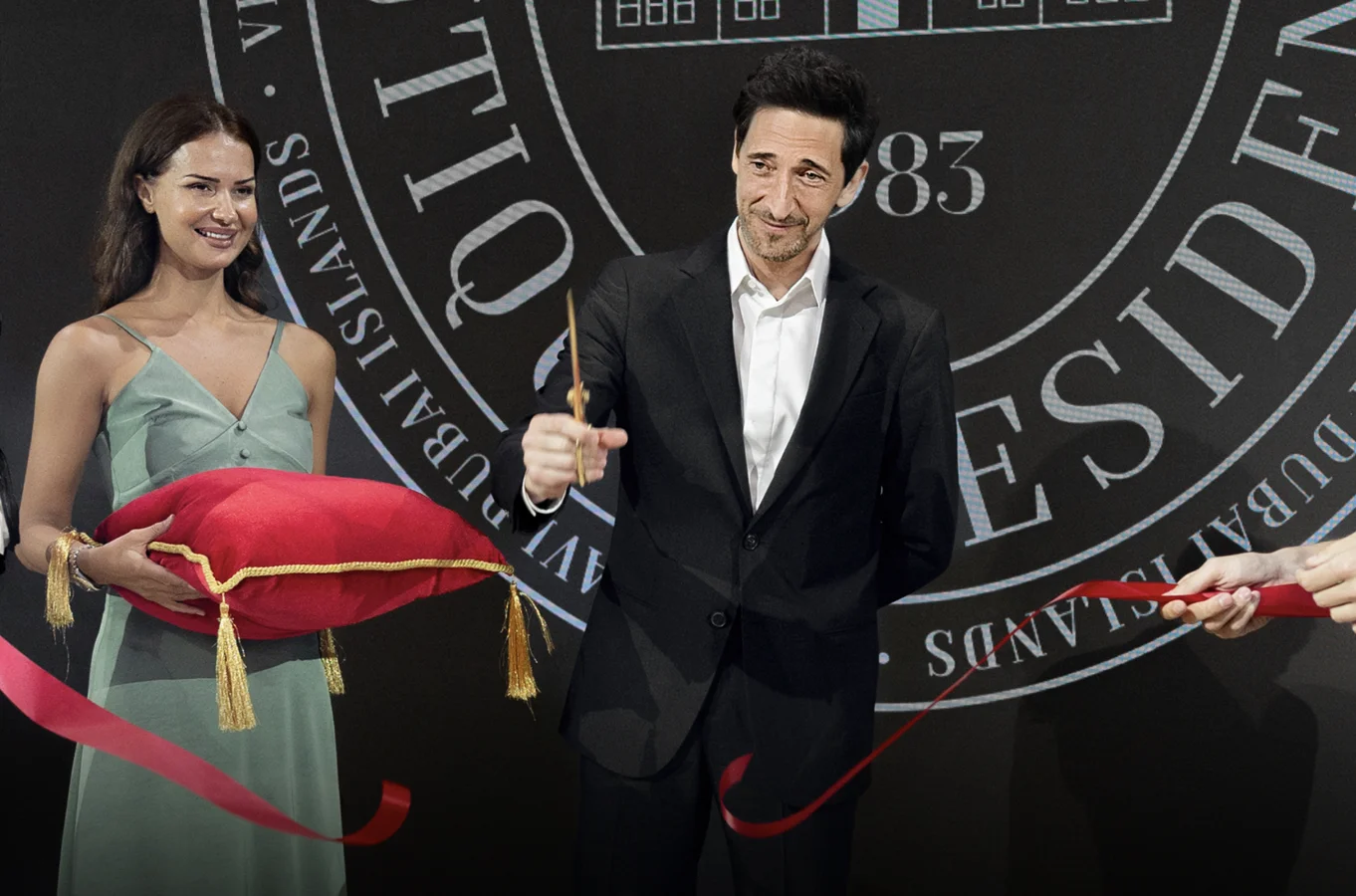Adrien Brody inspired Clean by Peaky Blinders, seeking to craft a dark, personal thriller influenced by his acclaimed television role, but the film’s debut on Prime Video follows critical disappointment. Viewers can now experience the movie that brought Brody’s creative ambitions—and lessons from Peaky Blinders—into new American territory, even as its reception has been mixed and its legacy debated.
From Peaky Blinders to a Personal Crime Thriller
Brody, celebrated for his Oscar-winning performance in The Pianist, took a notable risk with Clean. In this 2022 release, Brody not only starred as the titular character but also served as producer, co-writer, and composer. The movie represents a deeply personal project, and its creative foundation can be traced directly to Brody’s time inhabiting the role of Luca Changretta in the BBC’s British crime epic Peaky Blinders. The energy, darkness, and complexity of the mafioso role left an indelible mark on Brody’s approach.
Brody has stated the connection openly, crediting his work on Peaky Blinders as a catalyst for Clean’s development:
“[Peaky Blinders] basically led to Clean because I was very inspired and in a zone. It bolstered a degree of confidence that it took for me to be decisive and to engage Paul [Solet], and say, ‘Let’s do this. Let’s go and build this because it’s not just coming.’ So the writing process started right at that time [while shooting Peaky Blinders season four].”
—Adrien Brody, Actor/Producer
Set in upstate New York, Clean follows a haunted garbage man, played by Brody, who tries to atone for his violent history by living quietly. The calm is shattered when a local girl he cares about becomes threatened by criminal gangs, forcing Brody’s character to confront his violent past head-on. The plot twists toward moral ambiguity and redemption are clear echoes of the anti-heroes and moody tension that defined Peaky Blinders, although Clean transplants this atmosphere into an American landscape.

The Limits of Inspiration and Execution
The cinematic lineage is clear—Clean adopts minimal dialogue, stylized brutality, and a brooding, noir aesthetic. Like Peaky Blinders, Clean’s central figure wrestles with blurred lines between revenge and justice. Yet, what elevated the BBC series—layered stories, rich secondary characters, and sharp exchanged between ensembles—seems largely absent in Clean’s rendering. Here, the narrative focuses almost solely on Brody’s protagonist, leaving supporting characters underdeveloped and the stakes feeling narrower by comparison.
Though ambition is evident in every scene, reviewers found the experience lacking in emotional and narrative complexity. The violence, presented as raw and unfiltered, is apparent, but without the taut momentum or unpredictable plotting that made Peaky Blinders compelling television. The result is a film with unmistakable homage yet missing the impact and spark of its inspiration.
Critical Response and Viewer Reception
Upon release, Clean encountered tepid responses from both critics and audiences, reflected in its 46% Rotten Tomatoes rating and a score of 5.6/10 on Prime Video. It was widely noted that the film, despite Brody’s deep involvement in its production, felt formulaic—retracing steps familiar from many redemption-driven thrillers without introducing much that felt new or daring. Several reviewers pointed to sluggish pacing, foreseeable plot points, and a general lack of sharpness in both dialogue and character interplay.
Nevertheless, Brody’s multifaceted contribution—as lead actor, driving creative force, composer, and co-writer—did not go unnoticed. Many acknowledged the film’s sincerity and labor, recognizing it as a true passion project even if its execution faltered. For those who appreciate effort and personal investment in cinema, Clean may warrant a look, especially if they are willing to consider it outside the shadow of its celebrated inspiration.
What’s Next for Clean and Its Audience
The move to Amazon Prime Video has given Clean a second chance to connect with viewers who may have missed it in theaters. With streaming offering a broader and more diverse audience, the film stands poised for reappraisal by those interested in character-driven drama or the continuation of Brody’s creative journey. The legacy of Peaky Blinders remains a guiding shadow, but Clean—while flawed—offers an independent testament to Brody’s willingness to explore themes of redemption, violence, and personal transformation within a distinctly American milieu.
As people rediscover Clean on streaming, both its inspirations and limitations are brought into sharper relief. Whether it will eventually earn appreciation as a distinct artistic statement or remain a footnote for fans of Peaky Blinders and Brody’s complex roles, the film’s digital availability ensures the conversation remains alive. For anyone curious about the intersection of British noir influence and American storytelling, Adrien Brody inspired Clean by Peaky Blinders remains significant viewing on Prime Video.
